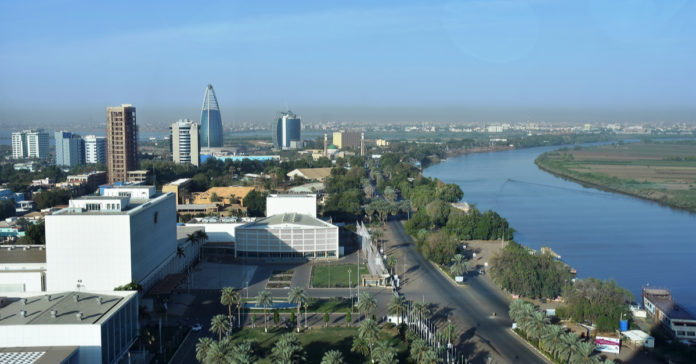Sudan has approved wide-ranging amendments to its criminal law including repealing the death penalty for apostasy and allowing non-Muslims to drink alcohol.
Public flogging will also be ended and women will no longer be required to need a permit from male family members to travel with their children.
In a televised interview on Saturday, Sudanese Justice Minister Nasredeen Abdulbari said: “We cancelled the Article 126 of the Sudanese Criminal Law and have ensured religious freedom and the equality in citizenship and rule of law.
“All these changes are aiming at achieving equality in front of the laws. We have dropped all the articles that had led to any kind of discrimination. We ensure our people that the legal reformation will continue until we drop all the laws violating the human rights in Sudan.”
The new laws will also ban female genital mutilation (FGM), a practice that typically involves the partial or total removal of the external genitalia of girls and women, Abdulbari said.
“The mutilation of a woman’s genital organs is now considered a crime,” the justice ministry said on Friday, adding it is punishable by up to three years in prison.
According to the United Nations, about three percent of Sudan’s population is non-Muslim. Alcoholic drinks have been banned since former president Jaafar Nimeiri introduced Islamic law in 1983.
Subscribe to our newsletter and stay updated on the latest news and updates from around the Muslim world!
Nimeiri’s introduction of Islamic law was a significant catalyst for a 22-year-long war between Sudan’s Muslim north and the mainly Christian south that led in 2011 to South Sudan’s secession. President Omar Al-Bashir extended Islamic law after he took power in 1989.
A transition government led by Abdalla Hamdok now runs the country in an uneasy coalition with the military, which helped remove Al-Bashir after months of mass protests.
Over the past few years Sudan has moved away from Iran’s sphere of influence and has forged closer ties with Saudi Arabia and the United States.
Earlier this year Israeli officials said that Tel Aviv and Sudan had agreed to move towards forging normal relations after the leaders of the two countries met in Uganda.
Israeli Prime Minister Benjamin Netanyahu held talks with Abdel Fattah al-Burhan, head of Sudan’s sovereign council, in Entebbe. The Sudanese leader said he met Netanyahu to protect his country’s national security.
Ahmed Kaballo, an analyst on Sudan, told 5Pillars that the country’s leaders have taken this step to prove they have moved away from the Muslim Brotherhood who were the main proponents of Shariah law in Sudan.
He said: “There have been tens of thousands of people on the streets who are not happy with the pace of change to a civilian-led government and this is a way of appeasing them without fundamentally changing the nature of the military state. It is ultimately a small concession which will also attract foreign investment from the West which will make it easier to do business.”






















